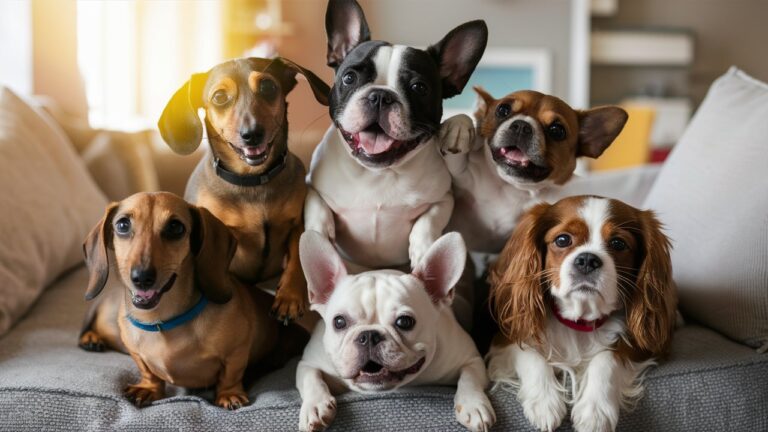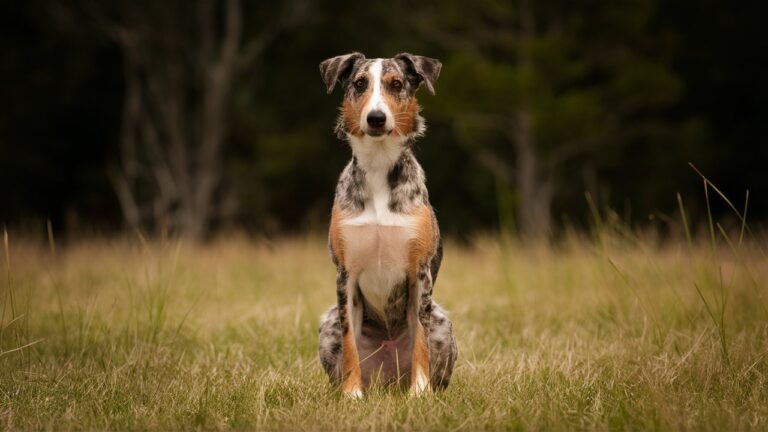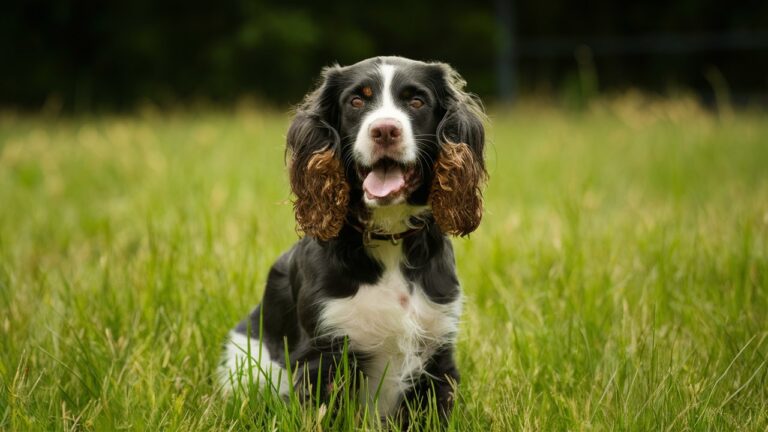Finding Good Dog Breeders: 100% Comprehensive Guide
When it comes to bringing a new Good Dog Breeders into your home, one of the most critical steps in the journey is finding a reputable breeder. At OnlyDoggyDays.com, we understand the significance of this decision, as it not only affects the health and temperament of your future pet but also contributes to the overall well-being of dog breeds and their communities. In this guide, we’ll explore how to identify good dog breeders, share personal stories, and provide practical advice to help you find the perfect furry companion.
The Importance of Choosing a Good Breeder
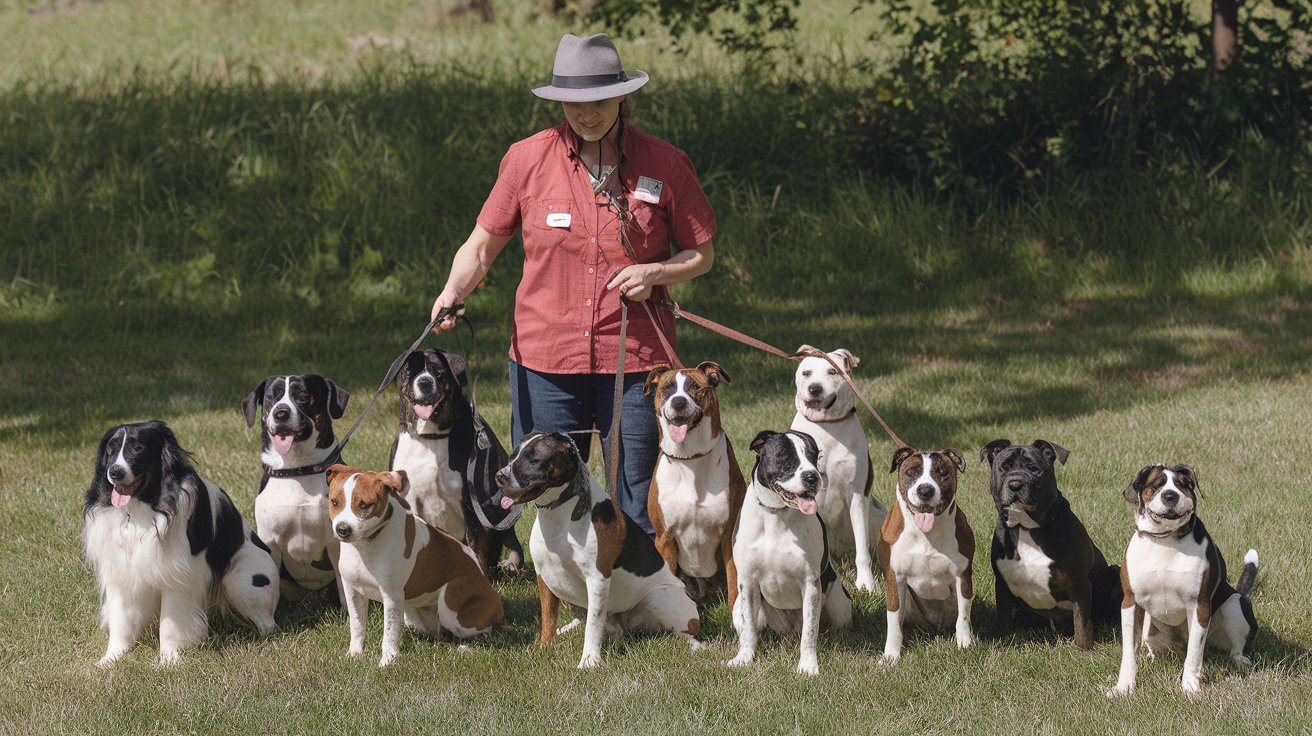
Choosing the right breeder is arguably one of the most significant decisions you’ll make when bringing a new dog into your home. A responsible breeder lays the groundwork for your dog’s health, temperament, and overall quality of life. Understanding the importance of this choice is crucial for ensuring that you not only find a loving companion but also contribute positively to the world of dog breeding.
Health and Genetic Well-being
One of the primary reasons for selecting a reputable breeder is health. Good breeders conduct health screenings and genetic testing on their breeding dogs to reduce the likelihood of hereditary health problems. This proactive approach can significantly diminish the risk of common breed-specific issues, such as hip dysplasia, heart conditions, and eye diseases. For example, responsible breeders will often share health clearances for both parents, which can reassure prospective puppy owners about the health history of their new pet.
When I decided to get my second dog, I learned how vital it is to inquire about the health testing the breeder conducts. The breeder I ultimately chose provided thorough documentation of health clearances for both parents, giving me confidence that my new puppy was less likely to inherit serious health issues. This attention to genetic well-being made a world of difference, as my new dog has grown into a vibrant, healthy companion.
Temperament and Socialization
A good breeder understands the importance of temperament and socialization in a dog’s development. Puppies that are well-socialized during their early weeks are more likely to grow into well-adjusted adults. Responsible breeders expose their puppies to various environments, sounds, people, and even other animals. This early socialization helps puppies become confident and adaptable, reducing the chances of behavioral issues later on.
Reflecting on my experience with my first dog, I realized how much I missed out by not prioritizing a breeder who valued socialization. My puppy was shy and fearful of new experiences, which made training and social interactions challenging. In contrast, my second dog, raised by a dedicated breeder, exhibited a calm demeanor and curiosity about the world around him. His positive experiences as a puppy made it easier for him to adjust to new environments, making our adventures together far more enjoyable.
Lifelong Support and Commitment
Choosing a good breeder goes beyond just the initial purchase of a puppy; it fosters a relationship that can last for the dog’s lifetime. Responsible breeders are committed to the dogs they produce and are often a valuable source of support and guidance for puppy owners. They can provide insights into breed characteristics, training techniques, dietary needs, and health care. This ongoing relationship can be a tremendous asset as you navigate the challenges of raising a dog.
When I acquired my second dog, I appreciated the breeder’s willingness to stay connected. They offered resources and advice on training methods tailored to the breed’s needs, which significantly helped in creating a strong bond with my new pet. The sense of community and support I received reassured me that I wasn’t alone in my journey as a dog owner.
The Bigger Picture: Ethical Breeding Practices
Selecting a reputable breeder also contributes to the larger issue of ethical breeding practices in the canine community. Unfortunately, puppy mills and irresponsible breeders continue to exist, prioritizing profit over the welfare of dogs. By choosing a responsible breeder, you are actively supporting ethical breeding practices and helping to combat the issues associated with puppy mills, such as overcrowded living conditions and lack of proper veterinary care.
When I learned about the horrors of puppy mills, it solidified my commitment to finding a responsible breeder. By choosing to invest in ethical breeding, I felt like I was playing a small part in promoting the welfare of dogs everywhere. Knowing that my choice had a ripple effect—encouraging others to prioritize ethical practices—was incredibly rewarding.
Emotional Connection and Understanding
Bringing a new dog into your life is an emotional journey. A good breeder understands this and strives to match their puppies with the right families. They consider your lifestyle, preferences, and needs, ensuring that you and your new dog will be a good fit. This attention to detail enhances the likelihood of a successful and lasting companionship.
During my search for a new puppy, I encountered breeders who took the time to understand my family’s dynamics and lifestyle. The breeder I ultimately chose asked questions about our activity level and preferences in terms of temperament. This thoughtful approach made all the difference in finding a puppy who truly fit our family’s needs.
The Consequences of Poor Breeding Practices
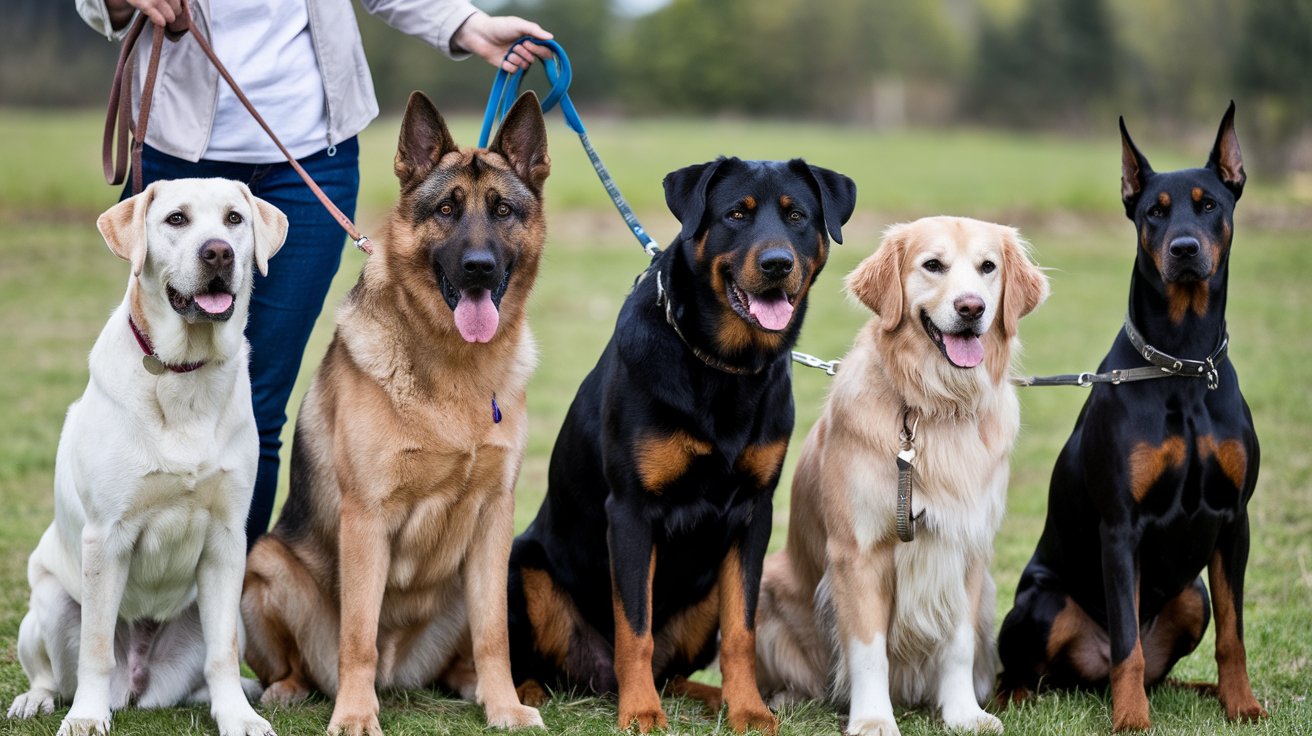
Understanding the consequences of poor breeding practices is crucial for anyone considering bringing a dog into their home. Responsible breeding goes beyond merely producing puppies; it encompasses the health, temperament, and overall quality of life for the animals involved. Unfortunately, many dog owners may not realize the significant ramifications that can arise from choosing a breeder who prioritizes profit over the well-being of their dogs.
Health Issues
One of the most immediate and concerning consequences of poor breeding practices is the prevalence of health issues in the puppies produced. Irresponsible breeders often fail to conduct necessary health tests on their breeding dogs, leading to a higher risk of genetic disorders being passed on to the puppies. Common issues that can arise from poor breeding include:
- Inherited Diseases: Certain breeds are predisposed to specific genetic conditions, such as hip dysplasia, heart disease, or eye disorders. For example, many large breeds are prone to hip dysplasia, while small breeds may experience luxating patellas. Without proper health screening, these conditions can go undetected, resulting in painful and costly medical treatments for the new pet owner.
- Chronic Illness: Dogs bred in poor conditions may be more susceptible to chronic health issues that can impact their quality of life. Conditions like allergies, skin problems, and respiratory issues can stem from a lack of attention to breeding practices. For instance, a friend of mine adopted a puppy from a Good Dog Breeders who didn’t conduct health screenings, and the dog developed severe allergies that required ongoing treatment and medication.
- Shorter Lifespans: Dogs that come from responsible breeders tend to live longer, healthier lives. Poor breeding practices can result in dogs with compromised immune systems and other health vulnerabilities, which can drastically reduce their lifespan. Many breeds have average lifespans, and puppies bred without care may fall short of these expectations. This situation can be heartbreaking for families who form strong bonds with their pets.
Behavioral Problems
Beyond physical health, poor breeding practices can lead to significant behavioral issues in dogs. Responsible breeders focus on not just the genetics of their dogs but also their socialization and temperament. In contrast, dogs from irresponsible breeding situations may exhibit:
- Fearfulness: Puppies that are not adequately socialized during their critical developmental periods may grow up to be fearful and anxious adults. This lack of exposure to different people, environments, and experiences can lead to fear-based behaviors that manifest as aggression or extreme shyness. I once met a dog that was terrified of loud noises and strangers, making outings challenging for its owner.
- Aggression: Dogs bred without regard for temperament may inherit aggressive tendencies or fail to learn appropriate social behaviors. This is particularly concerning for families with children or other pets. A friend faced significant challenges with their dog, which had not been socialized properly, resulting in aggressive behavior towards other dogs and even some people.
- Separation Anxiety: Dogs from poor breeding environments may develop separation anxiety if they were not properly raised to be independent. This condition can lead to destructive behaviors when left alone, such as excessive barking, chewing, or house soiling. I encountered a puppy that tore apart furniture when left alone because its breeder had not trained it to be comfortable being alone for short periods.
Financial Burdens
The financial implications of purchasing a dog from a poor breeder can be overwhelming. The costs associated with treating health issues, behavioral training, and other problems can add up quickly. Many owners find themselves facing unexpected veterinary bills that can reach thousands of dollars. Additionally, some owners may feel pressured to invest in training or behavioral modification programs, which can further strain their finances.
In my case, after my initial experience with a poorly bred dog, I found myself spending nearly $5,000 on medical treatments and behavior training. It was a significant financial burden that I had not anticipated when I initially adopted the puppy. If I had chosen a reputable breeder from the start, those costs could have been avoided.
Emotional Toll
The emotional toll of dealing with the consequences of poor breeding practices cannot be understated. Owners who invest time, love, and resources into their pets often feel immense frustration and sadness when faced with health issues or behavioral challenges.
Witnessing a beloved pet suffer from health problems or struggle with anxiety can lead to feelings of guilt and helplessness. Many owners, like myself, who have experienced the fallout of poor breeding may feel that they failed their pets. This emotional weight can make the experience of dog ownership far less joyful than it should be.
Impact on the Breeding Community
The ramifications of poor breeding practices extend beyond the individual dog and owner. Irresponsible breeders can tarnish the reputation of specific breeds and breeding communities as a whole. When dogs from puppy mills or backyard breeders display health or behavioral problems, it can create a negative perception of the breed, leading to fewer people wanting to adopt or purchase dogs from responsible Good Dog Breeders.
This cycle can perpetuate a lack of understanding about responsible breeding practices and the importance of ethical breeding. It underscores the need for education and awareness in the dog-loving community, as well as the importance of supporting reputable breeders who prioritize the health and well-being of their dogs.
Characteristics of Responsible Breeders
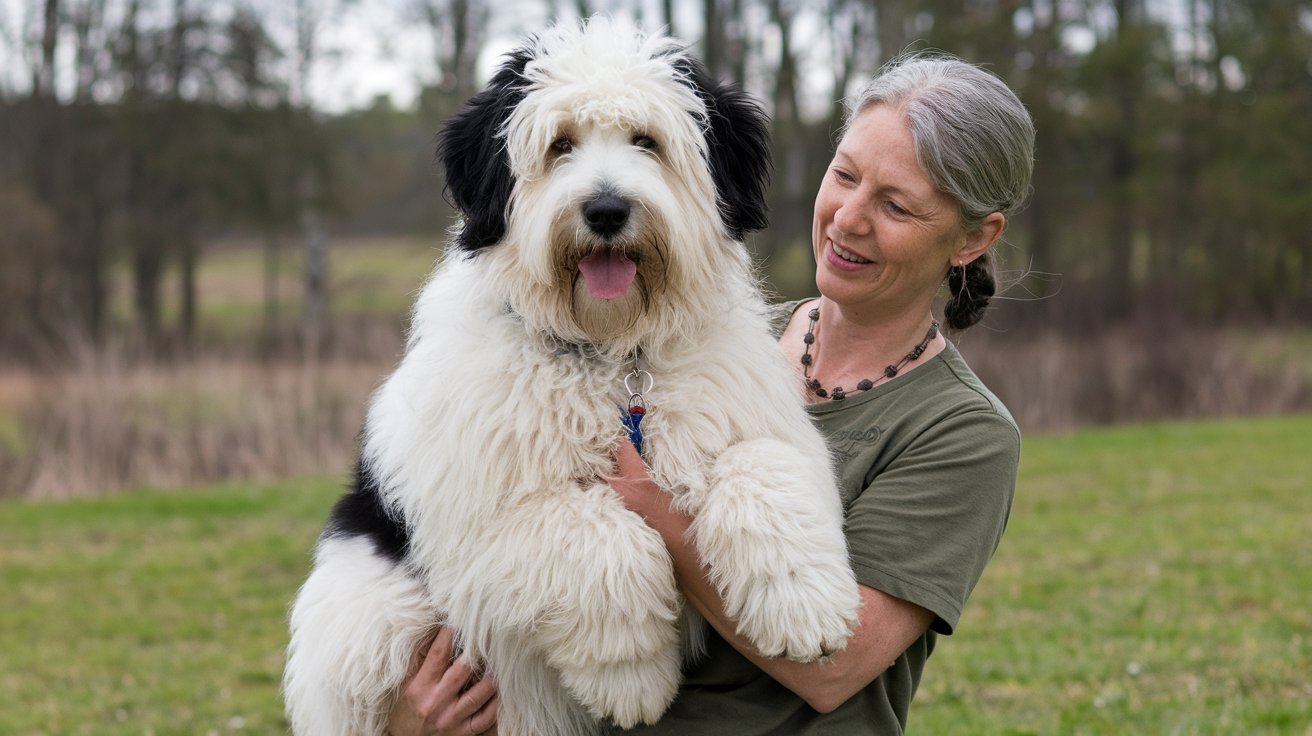
A good breeder is characterized by several essential traits, including:
- Knowledge and Passion: Responsible breeders are knowledgeable about their chosen breed and are genuinely passionate about dogs. They stay informed about breed standards, health issues, and new training methods.
- Commitment to Health Testing: A reputable breeder conducts health tests on their breeding dogs to screen for genetic disorders. They should provide you with health clearances for the puppy’s parents.
- Socialization Practices: Good breeders expose their puppies to various environments, sounds, and people to help them become well-adjusted adults. They should encourage early socialization and be willing to share their practices with you.
- Willingness to Educate: A responsible breeder wants to ensure that their puppies go to suitable homes. They will ask you questions about your lifestyle and experience with dogs and may provide you with educational resources.
- Support After Adoption: A good breeder maintains a relationship with you after the sale, offering support and guidance as your puppy grows.
The Red Flags of Poor Good Dog Breeders
In contrast, here are some warning signs to watch for when searching for a Good Dog Breeders:
- Lack of Transparency: If a breeder is unwilling to show you their breeding facilities or answer your questions, it’s a major red flag.
- Too Many Litters: Responsible breeders breed dogs for health and temperament and do not overbreed. If you find a breeder with multiple litters at once, they may not prioritize the welfare of their dogs.
- Poor Living Conditions: Puppies should be raised in a clean, safe environment. If the facility is dirty or overcrowded, it’s likely a puppy mill rather than a reputable breeder.
- Pressure to Buy: Good breeders will never pressure you to purchase a puppy. They want to ensure their dogs are going to loving, suitable homes.
- No Health Guarantees: A responsible breeder will provide health guarantees and documentation for the puppy’s vaccinations and health clearances.
Steps to Finding a Good Dog Breeder
Now that we understand what to look for and what to avoid, let’s break down the steps you can take to find a good dog breeder.
1. Research Good Dog Breeders Online
Start by searching for Good Dog Breeders in your area or those who specialize in your desired breed. Websites like the American Kennel Club (AKC) or breed-specific clubs often have breeder directories. However, remember that not every Good Dog Breeders listed is a responsible one; this is just a starting point.
2. Join Breed-Specific Forums and Social Media Groups
Engage with communities dedicated to your chosen breed. These forums and groups can provide valuable insights into reputable breeders and personal experiences from fellow dog owners. When I was looking for a second dog, I found an incredible amount of support and recommendations in a breed-specific Facebook group that led me to a fantastic breeder.
3. Attend Dog Shows and Events
Dog shows, breed meet-ups, and events are excellent opportunities to meet Good Dog Breeders and their dogs. Observing how the breeders interact with their dogs can give you insight into their practices. At one dog show, I met a breeder who was deeply passionate about their breed, sharing information about health testing and the importance of socialization.
4. Visit Potential Breeders
Once you’ve narrowed down your options, schedule visits to meet the Good Dog Breeders in person. Pay attention to the conditions in which the puppies are raised. Responsible breeders will welcome you into their homes or facilities and provide you with a tour.
5. Ask Questions
Prepare a list of questions to ask during your visit. Some questions you might consider include:
- What health tests do you conduct on your breeding dogs?
- Can you provide references from previous puppy buyers?
- What socialization practices do you implement for your puppies?
- What kind of support do you offer after the sale?
6. Trust Your Instincts
Sometimes, your instincts can tell you a lot about a Good Dog Breeders. If something feels off, or if you feel rushed or pressured, it might be best to walk away. Finding the right Good Dog Breeders can take time, but it’s worth the effort to ensure a healthy and happy puppy.
Building a Relationship with Your Good Dog Breeders
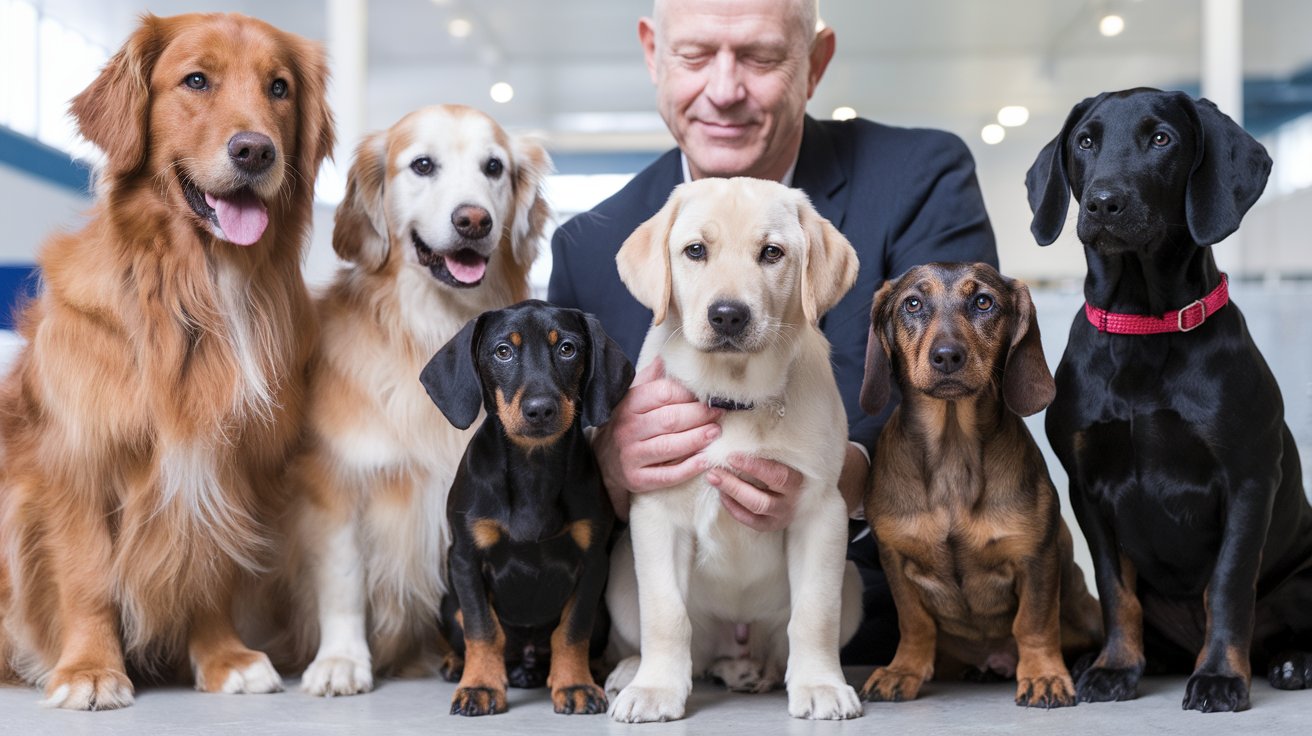
Once you’ve found a breeder you feel comfortable with and chosen your puppy, the relationship doesn’t end there. A good breeder is a resource for you throughout your dog’s life. I still keep in touch with the breeder of my second dog, and they often check in to see how he’s doing. This ongoing relationship has provided me with valuable support and advice as I navigate the joys and challenges of dog ownership.
The Role of a Breeder in Your Dog’s Development
Your breeder can guide you in training, nutrition, and health care as your puppy grows. They can also provide information about breed-specific issues you might encounter. Being proactive about communicating with your Good Dog Breeders can ensure you’re well-equipped to raise a happy, healthy dog.
Conclusion
Finding a Good Dog Breeders is an essential step in welcoming a new furry family member into your home. By taking the time to research, ask the right questions, and trust your instincts, you can find a reputable Good Dog Breeders who prioritizes the health and well-being of their dogs. At OnlyDoggyDays, we believe that responsible breeding is the foundation of a happy dog and a fulfilling relationship with your new pet.
Remember, the journey to finding the right dog starts with finding the right breeder. It may take time, but the joy of bringing a well-bred puppy into your home is worth every moment of effort.
Personal Anecdote
To illustrate the impact of responsible breeding, let me share a personal story. When I adopted my first dog, I was excited but inexperienced. I rushed into the decision without researching breeders properly. The experience was challenging, to say the least. My puppy faced numerous health issues, and it took a toll on both of us.
Years later, I decided to bring a new Good Dog Breeders into my home and approached the process with newfound knowledge and caution. This time, I spent time researching, visiting potential Good Dog Breeders, and asking the right questions. The experience was drastically different. My new puppy was healthy, well-socialized, and a joy to be around. The contrast in experiences taught me the importance of choosing a responsible Good Dog Breeders and the profound impact it has on your relationship with your Good Dog Breeders.
By sharing this journey, I hope to encourage others to take the time to find a Good Dog Breeders. The process might seem daunting, but the rewards—a happy, healthy dog and a loving companionship—are immeasurable.
Good Dog Breeders, Good Dog Breeders
Good Dog Breeders, Good Dog Breeders
